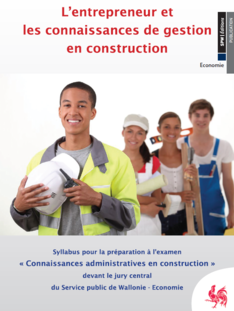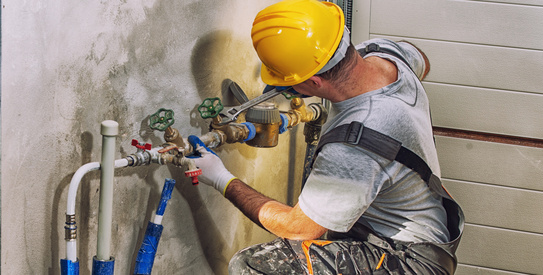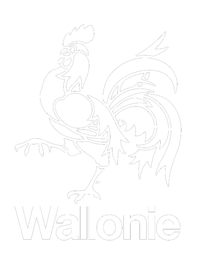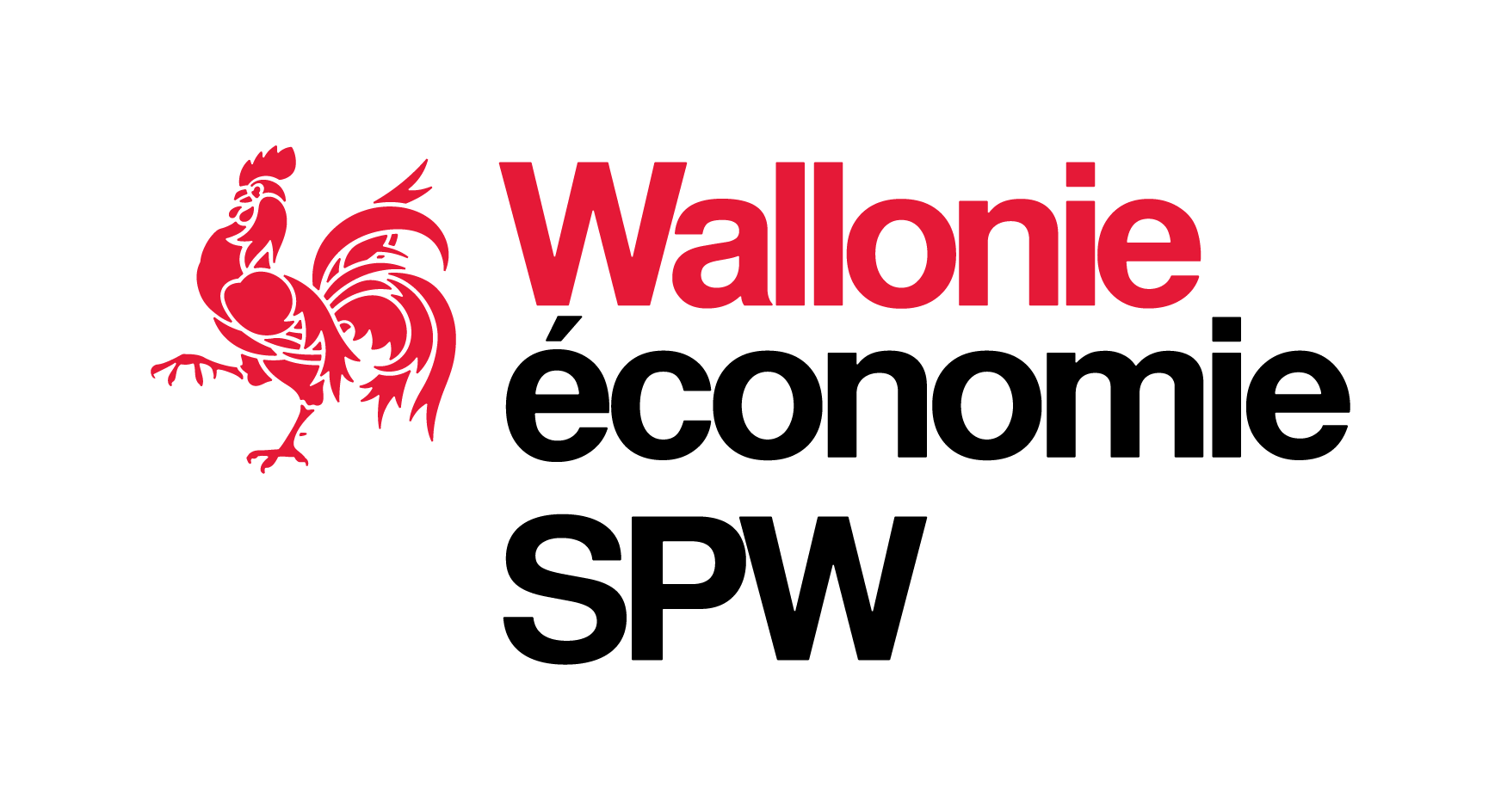
Access to the central heating, air conditioning, gas and sanitary installation profession
Are you thinking of starting a business as a heating engineer? Would you like to start a business installing air conditioners? Or are you planning to add any of these skills to your existing business? In this case, you need to prove that you have the skills to start up such a business. If you don't have a diploma or experience in this field, you can obtain a certificate by sitting the central jury exam.

Which activities require skills in central heating, air conditioning, gas and sanitary installation?
The installation and repair of all pipes for:
- Central heating installations;
- Gas appliances for heating;
- Sanitary ware and appliances;
- Air-conditioning systems in which only water and air are used as refrigerants.
These tasks are generally carried out by plumbers, heating engineers or heating, ventilation and air conditioning installers (HVAC).
If in doubt, contact a Business Counter. They can advise you on your personal situation.
Which activities are exempt?
Proof is not required for the following activities:
- Installation and repair of solar collectors for hot water supply, if you are a business specialising in roofing and waterproofing;
- Sewer installation, maintenance and repair;
- Activities of refrigeration installers and/or engineers.
If in doubt, contact a Business Counter. They will be able to tell you whether or not you qualify for an exemption.
How can I prove my skills?
Skills can be proven in two ways:
- With an educational or training diploma;
- With 3 years' full-time or 5 years' part-time professional experience within the last 15 years.
If you don't have either, you can obtain a certificate by sitting the exam for professional skills specific to heating, air conditioning, sanitary and gas activities (20208) before the Central Jury.
Frequently asked questions about access to the profession
How do I know if my diploma grants me access to a profession?
A database of diplomas, degrees and certificates from all over the world helps you determine whether your qualifications meet entrepreneurial requirements. You can look up your diploma to find out which activities it gives you access to. If in doubt, contact a business counter. The Central Jury Service is not able to validate your qualifications.
Other than the company manager, who else can bring entrepreneurial skills to the business?
For a self-employed person (natural person), this person can be:
- A spouse;
- A legal cohabitant;
- A partner who has been cohabiting with the individual for at least 6 months;
- A self-employed assistant, parent or relative up to the third degree;
- An employee with a permanent employment contract.
For a business (legal entity), this person can be:
- The management body (e.g.: a manager of a limited liability company or a managing director of a public limited company);
- A company director (e.g.: an active partner in a limited liability company or a director of a public limited company);
- An employee with a permanent employment contract.
If in doubt, contact a Business Counter. They'll be able to tell you if you have the required skills for your activity.
What skills are tested on the exam? What content does the exam cover?
The exam is divided into two sections: the first covers administrative knowledge specific to the construction sector, while the second assesses your professional skills. For the first section, please refer to the syllabus provided below.
People who already have access to the profession in construction are exempt from the administrative section specific to construction. In this case, a copy of your CBE statement will be requested at registration.Section 1: Administrative knowledge specific to construction
- Registration and approval as a contractor;
- Rights and obligations of the subcontractor;
- Public procurement regulations;
- Decennial liability;
- The required insurance;
- Business contract, rights and obligations of contractor and project owner;
- Procedure and application for a building permit;
- Working drawings and specifications;
- Monitoring, inspection and acceptance of work;
- Safety regulations: General Regulation on Labour Protection, Code on Well-being at Work, safety coordination and work at a height;
- Quality policy and certification;
- Construction overheads and site risk management;
- Corroborating calculation and planning techniques;
- Reading plans;
- Environmental regulations on soil and waste;
- Environmental permit;
- Declaration of work.
Section 2: Heating, air conditioning, sanitary and gas skills
- Knowledge of materials:
- Types of pipes, pumps and hydrophore systems
- Regulation systems;
- Insulation materials;
- Basic knowledge of heating, hot water and sanitary systems and appliances
- Basic knowledge of building energy performance in relation to central heating, air-conditioning, gas and sanitary installations
- Technical knowledge:
- Pipe sizing;
- Water heating appliances;
- Sanitary, heating and air conditioning installations;
- Technical specifications (STS) for the affected activities;
- Laying pipes and electrical connections;
- Adjusting appliances;
- Identifying and repairing faults;
- General knowledge of the Scientific and Technical Centre for Building's technical information notes and quality standards relating to heating, air conditioning, sanitary and gas activities.

How does the exam work?
The administrative section is a computerised multiple-choice questionnaire. The section related to the profession is a written exam.
Any questions? Any problems?
info.jurycentral.dgo6@spw.wallonie.be
Office hours:
Monday: 2 – 4pm
Tuesday: 2 – 4pm
Wednesday: 9am – 12pm
Friday: 9am – 12pm081/33.40.00
Our offices are located at:
Boulevard Cauchy 43
5000 NAMUR
Are you looking for other solutions for your project?

Receive personalised advice and quickly find the answers to your questions. Find the help you need on 1890.be.
Discover other solutionsOther state aid

Innovation, training, exports, consultancy... Take a look at all the state aid available to Walloon companies.
To the Midas database